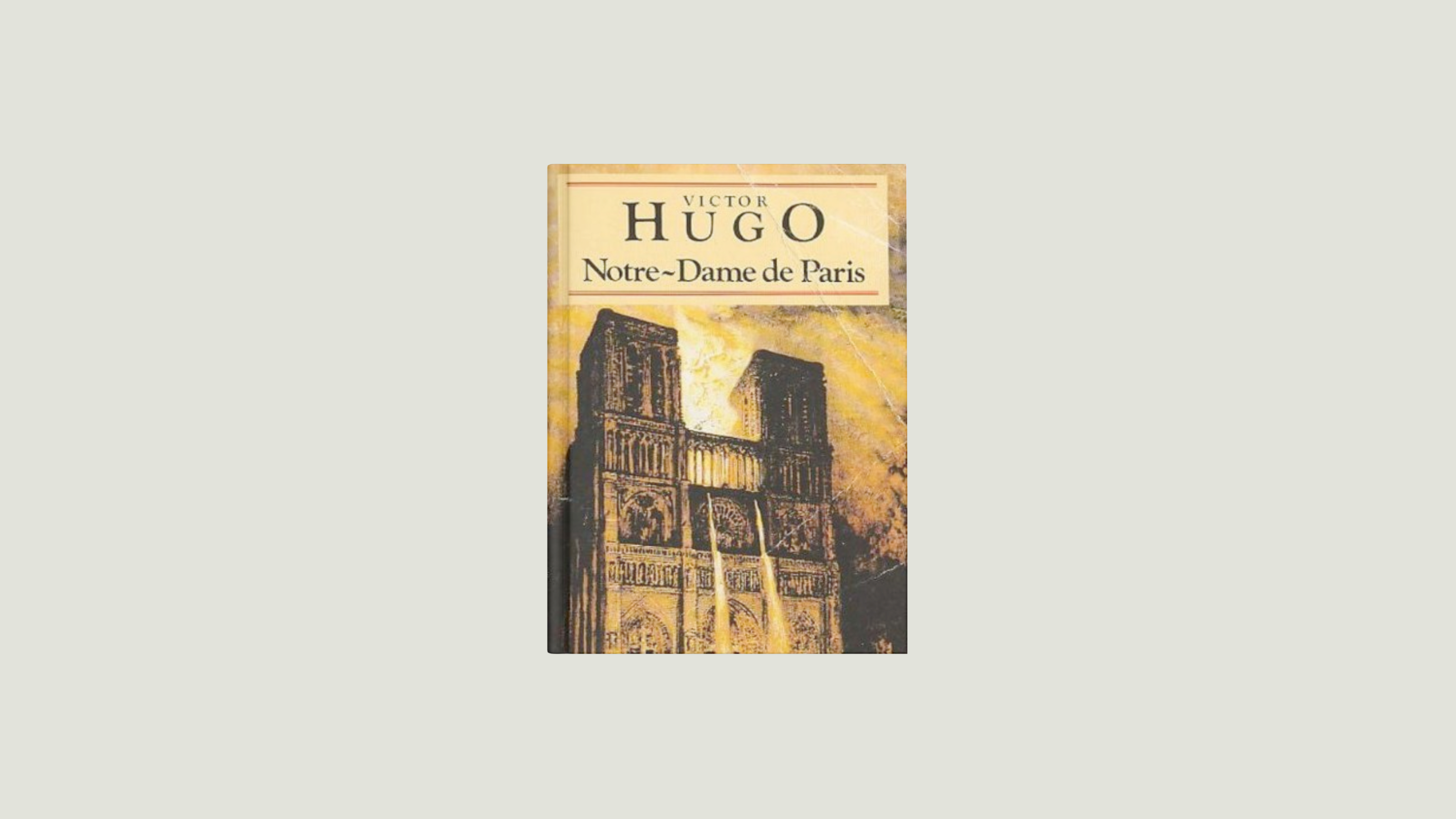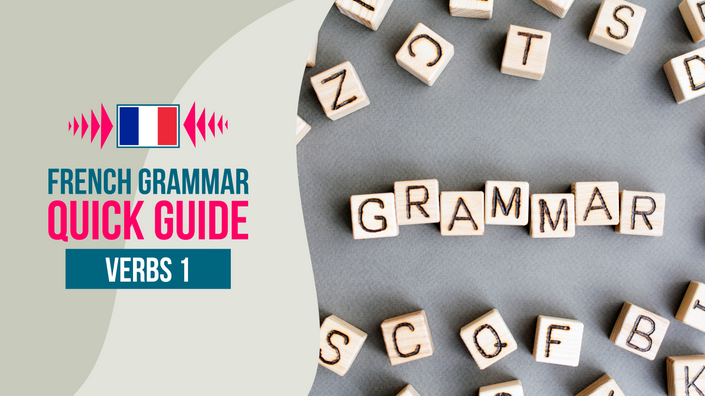
Indefinite articles in French
Let’s have a look at the indefinite articles in French
What are indefinite articles?
The words “a” and “an” are called indefinite articles. The reason they’re called indefinite articles is because they don’t refer to any definite thing. You could say to somebody who had a bag of sweets, “I would like a sweet”, and you’re not referring to any sweet in particular; you just want “a” sweet.
In English, the word “a” is placed in front of nouns that start with a consonant, whereas the word “an” is placed in front of a nouns that start with a vowel
a tree
a lobster
a car
an elephant
an igloo
an astronaut
What are the indefinite articles in French?
In French, there are two indefinite articles: a masculine and a feminine.
Masculine – un
Feminine – une
The pronunciation of the word “un” is “an(g)”. The “g” in brackets shows that it has a nasal sound on the end.
The pronunciation of the word “une” is “oon”.
So, “un” and “une” are the indefinite articles in French. The version you use depends on whether the noun it goes in front of is a masculine noun or a feminine noun. This is called the gender of the noun.
You put the word “un” in front of nouns that are masculine, and you put the word “une” in front of nouns that are feminine. The best way to know whether a noun is masculine or feminine is simply to learn its gender when you first learn the word; that way, you’ll always know that “restaurant” is masculine, but “table” is feminine in French.
Here are some examples:
un café – a coffee
un thé – a tea
un restaurant – a restaurant
un garçon – a boy
une table – a table
une réservation – a reservation
une dinde – a turkey
une fille – a girl
Let's practise
Have a go at saying the sentences below in French. Firstly, here’s some vocabulary you may need:
MASCULINE NOUNS
croissant – croissant
bike – vélo
tea – thé
coffee – café
dog – chien
cat – chat
FEMININE NOUNS
chair – chaise
car – voiture
television – télévision
key – clé
sister – sœur
EXTRA VOCABULARY
I would like – je voudrais
do you have? – avez-vous?
can I? – puis-je?
take – prendre
do you want? – voulez-vous?
and – et?
How would you say these sentences in French?
- I would like a croissant
- I would like a car
- Do you have a bike?
- I would like a tea and a coffee
- Do you have a cat?
- Can I take a chair?
- Do you have a television?
- Do you have a car?
- I would like a sister
- Do you want a car?
- Do you want a dog?
- I would like a cat
- Can I take a coffee?
- I would like a television
- Can I take a bike?
- Can I take a key?
- I would like a chair
- Do you want a croissant?
- Do you have a sister?
- Do you want a key?
ANSWERS
- Je voudrais un croissant
- Je voudrais une voiture
- Avez-vous un vélo?
- Je voudrais un thé et un café
- Avez-vous un chat?
- Puis-je prendre une chaise?
- Avez-vous une télévision?
- Avez-vous une voiture?
- Je voudrais une sœur
- Voulez-vous une voiture?
- Voulez-vous un chien?
- Je voudrais un chat
- Puis-je prendre un café?
- Je voudrais une télévision
- Puis-je prendre un vélo?
- Puis-je prendre une clé?
- Je voudrais une chaise
- Voulez-vous un croissant?
- Avez-vous une sœur?
- Voulez-vous une clé?
In context
It’s always good to look at rules in context, because it helps to solidify them in your mind. So, let’s read through a few paragraphs from Victor Hugo’s novel, “Notre-Dame de Paris”, or, “The Hunchback of Notre-Dame” in English. We’ll focus on any indefinite articles we see

CHAPITRE 1: LA GRAND'SALLE
Il y a aujourd’hui trois cent quarante-huit ans six mois et dix-neuf jours que les Parisiens s’éveillèrent au bruit de toutes les cloches sonnant à grande volée dans la triple enceinte de la Cité, de l’Université et de la Ville.
Ce n’est cependant pas un jour dont l’histoire ait gardé souvenir que le 6 janvier 1482. Rien de notable dans l’événement qui mettait ainsi en branle, dès le matin, les cloches et les bourgeois de Paris. Ce n’était ni un assaut de Picards ou de Bourguignons, ni une châsse menée en procession, ni une révolte d’écoliers dans la ville de Laas, ni une entrée de notredit très redouté seigneur monsieur le roi, ni même une belle pendaison de larrons et de larronnesses à la Justice de Paris. Ce n’était pas non plus la survenue, si fréquente au quinzième siècle, de quelque ambassade chamarrée et empanachée. Il y avait à peine deux jours que la dernière cavalcade de ce genre, celle des ambassadeurs flamands chargés de conclure le mariage entre le dauphin et Marguerite de Flandre, avait fait son entrée à Paris, au grand ennui de M. le cardinal de Bourbon, qui, pour plaire au roi, avait dû faire bonne mine à toute cette rustique cohue de bourgmestres flamands, et les régaler, en son hôtel de Bourbon, d’une moult belle moralité, sotie et farce, tandis qu’une pluie battante inondait à sa porte ses magnifiques tapisseries.
Le 6 janvier, ce qui mettait en émotion tout le populaire de Paris, comme dit Jehan de Troyes, c’était la double solennité, réunie depuis un temps immémorial, du jour des rois et de la fête des fous.
un jour — a day
un assaut — an assault
une châsse — a shrine
une révolte — a revolt
une entrée — an entrance
une belle pendaison — a beautiful hanging
une moult belle moralité — a beautiful morality
une pluie — a rain
un temps immémorial — an age-old time
Get three courses in one bundle, and save money
-

Courses 1, 2 & 3
Get this bundle -

Courses 4, 5 & 6
Get this bundle -

Courses 7, 8 & 9
Get this bundle
Course 2, Building Structures and grammar courses
-

Course 2
Get this course -

Building Structures
Get this course -

Quick Guide
Get this course
All my French courses

Building Structures in French
Quick Guides
French grammar
Essential French grammar - Future | Conditional | Imperfect
All my Spanish courses

Building Structures in Spanish
Quick Guides
Spanish grammar
Essential French grammar - Future | Conditional | Imperfect
All my German courses

Building Structures in German
Quick Guides
German grammar
Essential French grammar - Future | Conditional | Imperfect
All my Italian courses

Building Structures in Italian
Quick Guides
Italian grammar
Essential French grammar - Future | Conditional | Imperfect
All my Portuguese courses

Building Structures in Portuguese
Quick Guides
Portuguese grammar
Essential French grammar - Future | Conditional | Imperfect






